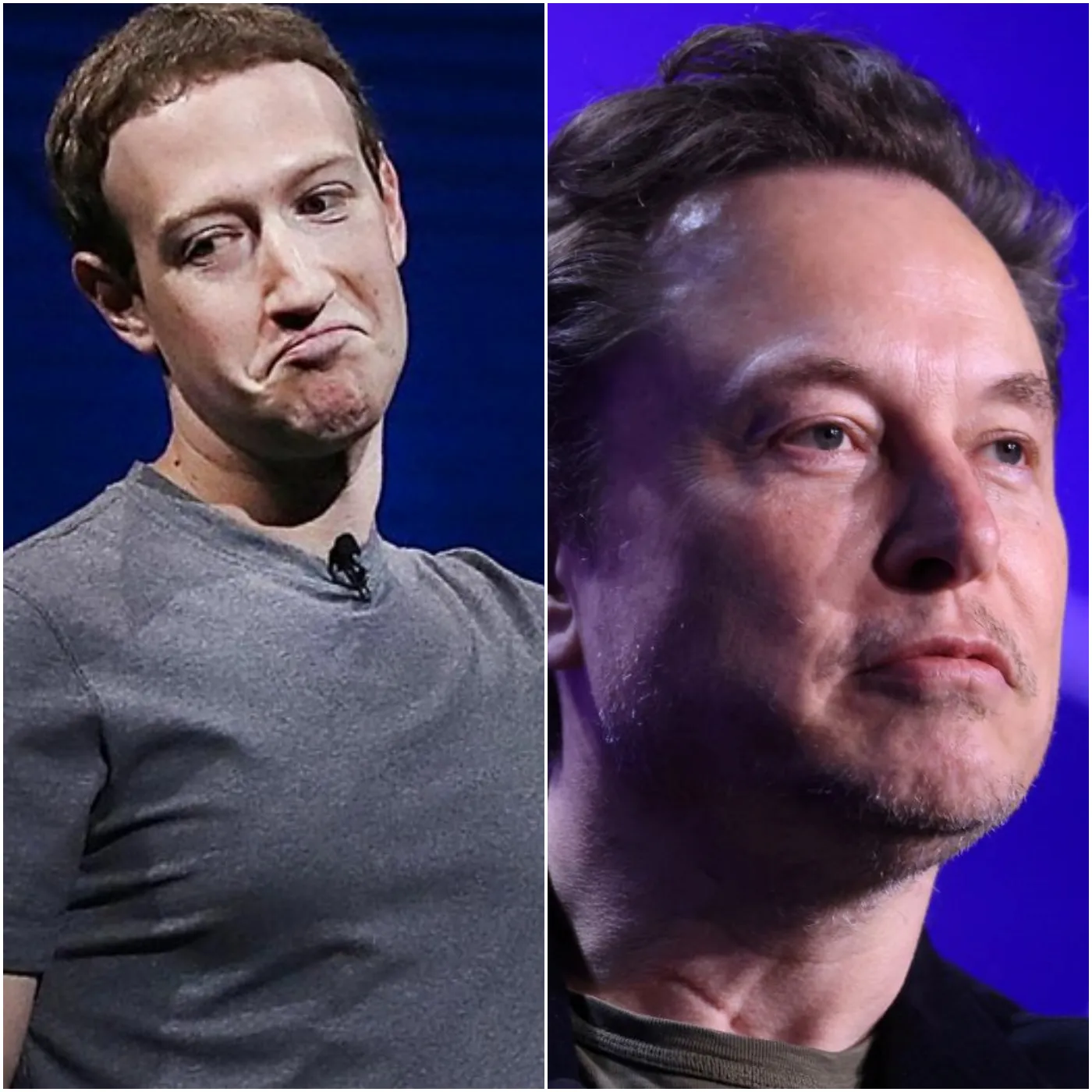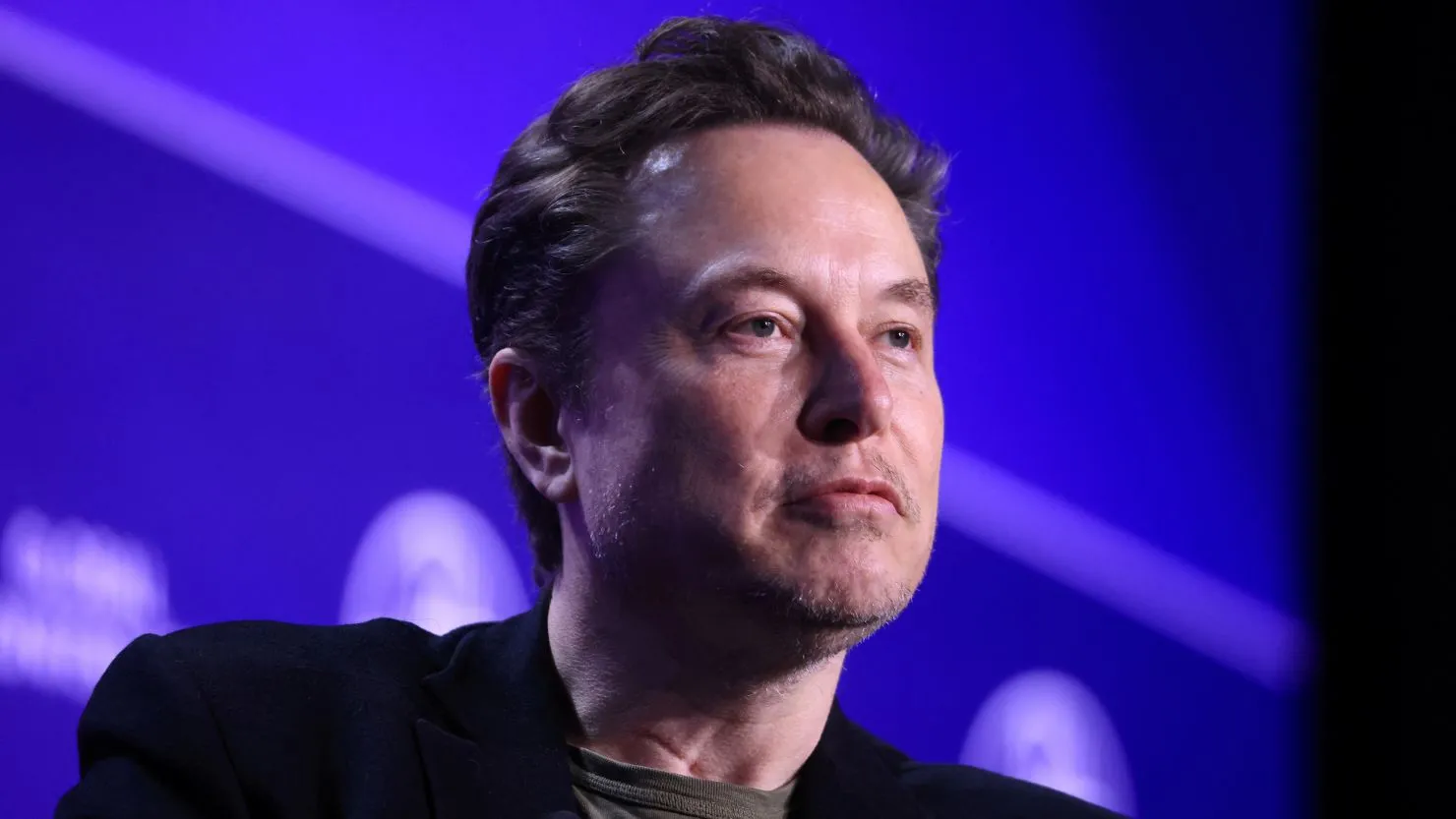In a landscape dominated by social media giants like Meta, the quest for a new platform that resonates with users’ diverse opinions and values is more relevant than ever. Enter Elon Musk, the billionaire entrepreneur known for his groundbreaking innovations and unconventional approaches. Rumors are swirling that Musk is set to launch an anti-woke social media platform designed to compete directly with Meta’s suite of services, including Facebook and Instagram. In this article, we’ll explore what this new platform could look like, the motivations behind its creation, and how it might reshape the social media landscape.

Understanding the Concept of an Anti-Woke Platform
Before diving into the specifics of Musk’s proposed platform, it’s essential to clarify what “anti-woke” means in this context. The term “woke” has evolved into a cultural touchstone, often referring to heightened awareness of social injustices, especially concerning race, gender, and inequality. While many celebrate the principles of wokeness, critics argue that it can lead to censorship, cancel culture, and a stifling of open dialogue.
An anti-woke platform would likely position itself as a space for free expression, providing users a forum to share ideas without the constraints imposed by what they perceive as overly progressive or censorious policies. Musk’s platform aims to attract individuals who feel marginalized or silenced in mainstream social media environments, thus promising a different approach to community engagement.
The Motivation Behind Musk’s New Venture
Elon Musk’s motivations for launching an anti-woke social media platform appear to be multifaceted:
- Promoting Free Speech: Musk has been an outspoken advocate for free speech, particularly in recent years. His criticisms of censorship on existing platforms may have inspired him to create an alternative that prioritizes user expression over content moderation.
- Competitive Edge: With Meta facing increased scrutiny and criticism over its handling of user data, misinformation, and content moderation policies, launching a competing platform allows Musk to capitalize on the discontent among users. By positioning his platform as a refuge from what some see as heavy-handed moderation, he could attract a significant user base.
- Leveraging Existing Technologies: Musk’s ventures in technology, such as Tesla and SpaceX, showcase his capability for innovation. His deep understanding of technology and user experience could enable him to create a platform that rivals the functionalities and appeal of Meta’s services.
Key Features to Expect from Musk’s Anti-Woke Platform
While details are still emerging, several potential features of Musk’s anti-woke social media platform could set it apart from Meta:
- Minimal Content Moderation: One of the defining features of the platform may be a hands-off approach to content moderation, allowing users to express themselves without fear of censorship. This could appeal to those who feel stifled by the restrictions imposed by existing platforms.
- Innovative User Interface: Given Musk’s background in technology, users can expect an intuitive and innovative user interface that enhances user experience. The platform may incorporate unique functionalities that differentiate it from Meta’s offerings.
- Focus on Community Building: The platform might prioritize community engagement and enable users to form groups based on shared interests, values, or ideologies. This could create a sense of belonging for those who feel alienated by mainstream social media.
- Transparent Algorithms: Transparency regarding data usage and algorithmic decisions could be a cornerstone of the platform. Musk has often expressed concern over how algorithms can manipulate user engagement, and his platform might aim to provide clarity on how user interactions are managed.
- Robust Privacy Features: In a time when data privacy is a growing concern, Musk’s platform could differentiate itself by offering strong privacy controls and protections for user data.
Potential Challenges Ahead
While Musk’s anti-woke social media platform has the potential to attract a dedicated user base, several challenges loom on the horizon:
- Building a User Base: Establishing a new social media platform requires significant effort in marketing and community building. Convincing users to migrate from established platforms to a new and unproven option will be a formidable challenge.
- Navigating Content Moderation: Striking the right balance between free speech and preventing harmful content will be crucial. While many users seek less moderation, there is a fine line between encouraging open dialogue and allowing the spread of hate speech or misinformation.
- Regulatory Scrutiny: Like other social media platforms, Musk’s venture will likely face regulatory scrutiny. Navigating the legal landscape surrounding social media, including issues related to data privacy and user safety, will be essential for long-term viability.
- Competition with Meta and Other Giants: Competing with established giants like Meta and Twitter will require strategic innovation and differentiation. The platform must provide unique value propositions to stand out in a crowded market.
Public Reaction and Anticipation
The idea of an anti-woke social media platform has garnered mixed reactions from the public. Supporters view Musk’s venture as a much-needed alternative to platforms perceived as overly progressive, hoping for a space where diverse viewpoints can flourish. “Finally, a platform where I can speak my mind without being canceled!” commented one user on social media.
Conversely, critics argue that promoting an anti-woke platform could further exacerbate divisions in society. Some fear it may become a haven for hate speech and misinformation, echoing the concerns raised about other platforms that have prioritized minimal moderation.

Conclusion: The Future of Social Media
Elon Musk’s planned anti-woke social media platform represents a bold and controversial challenge to Meta and other established social media giants. With a focus on free speech, minimal moderation, and innovative user experiences, the platform could attract users looking for a space to share their thoughts without fear of censorship. However, significant challenges lie ahead, including building a user base, navigating content moderation, and complying with regulatory requirements.
As Musk moves forward with this ambitious project, the social media landscape may undergo significant changes. Whether his platform becomes a haven for free expression or faces the pitfalls of content mismanagement will be closely watched by users and critics alike. In a world where social media continues to shape discourse, Musk’s venture could become a pivotal moment in the ongoing debate over the role of platforms in fostering open dialogue versus maintaining community standards.





